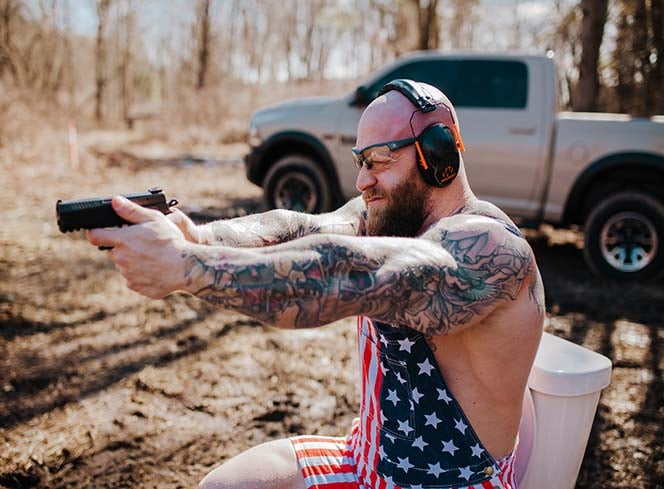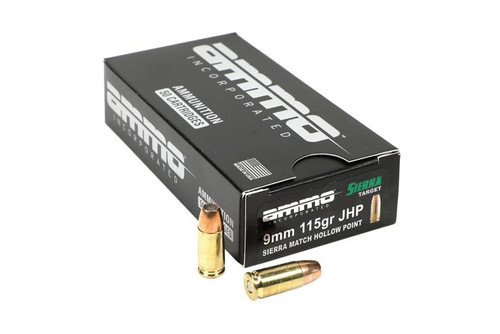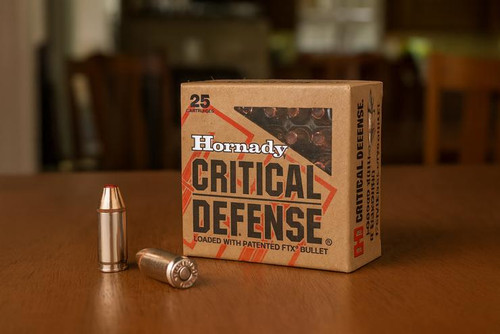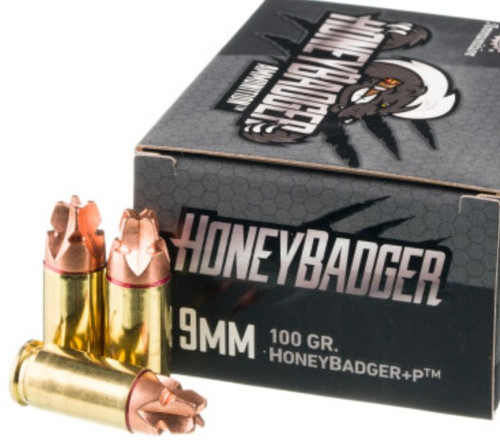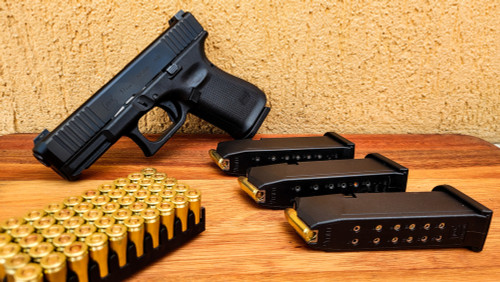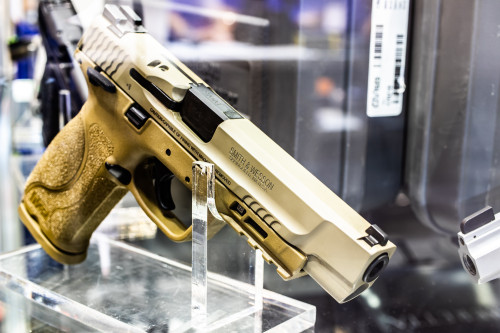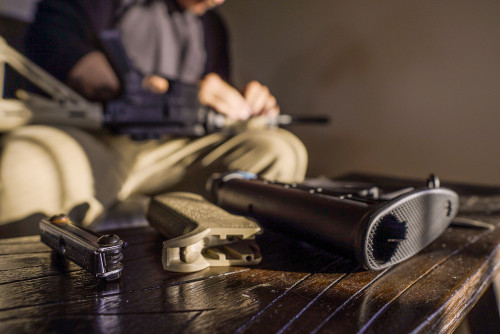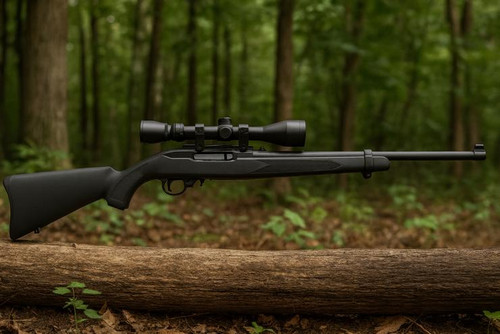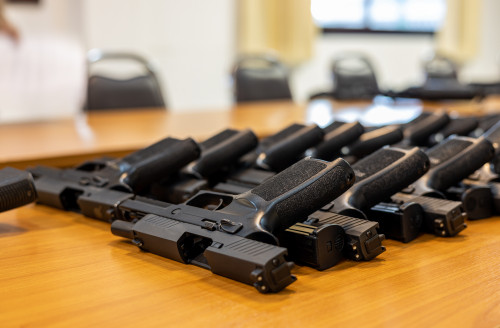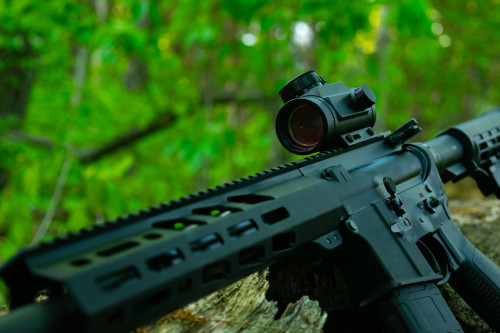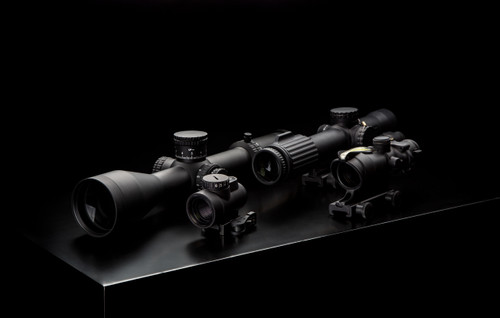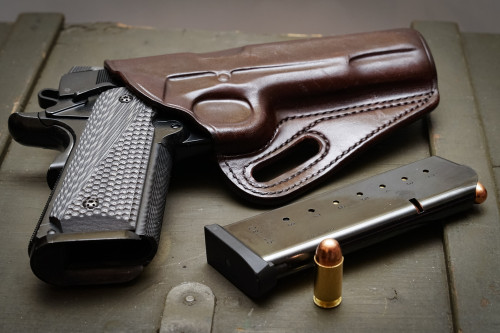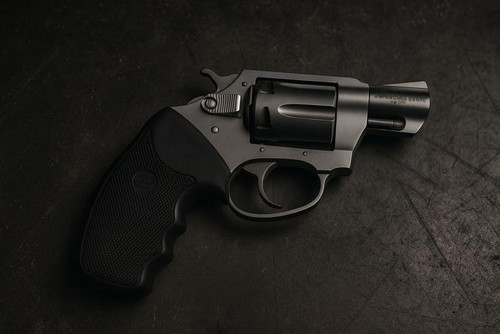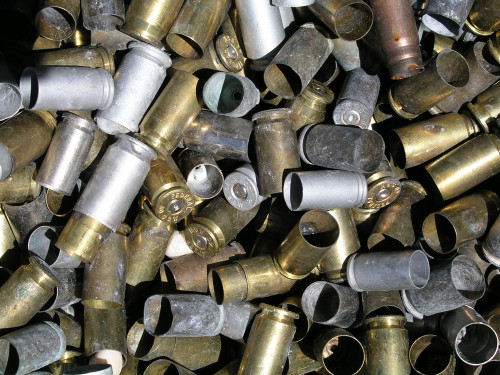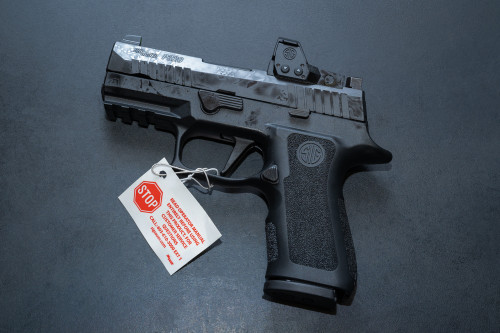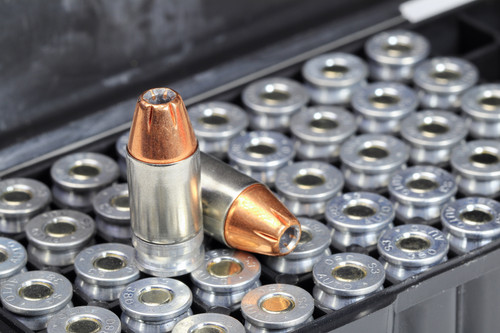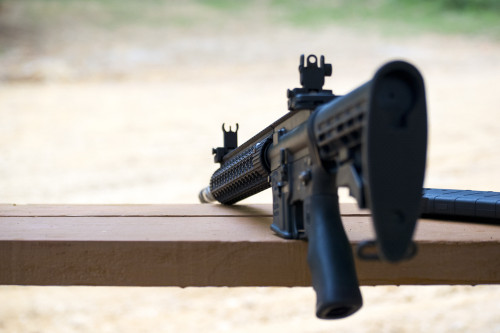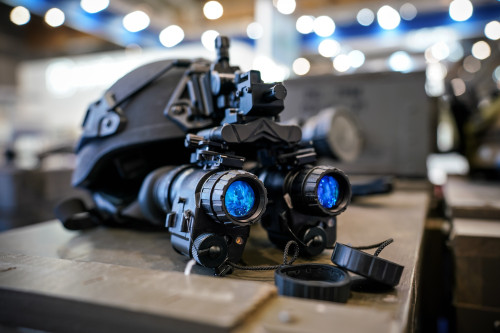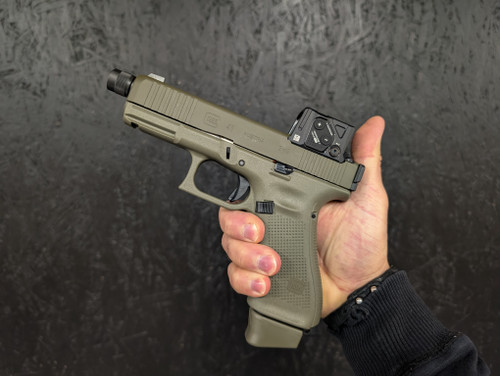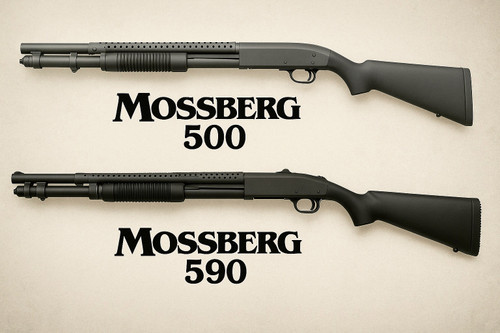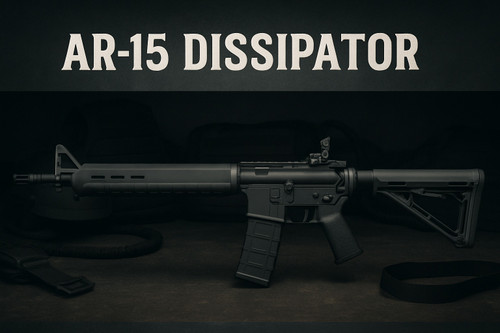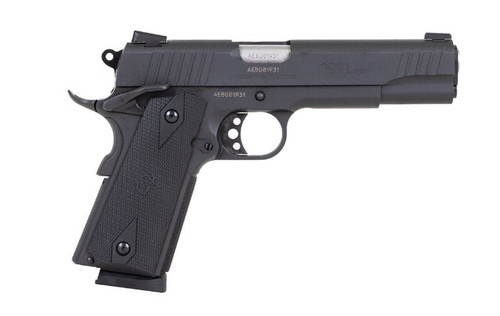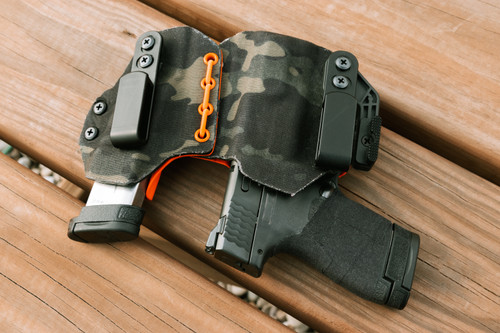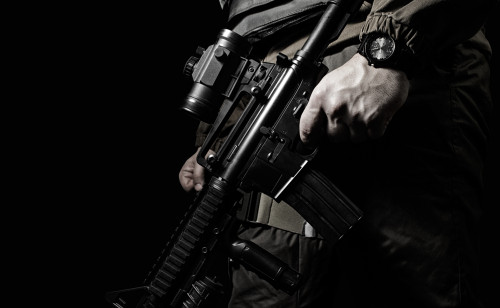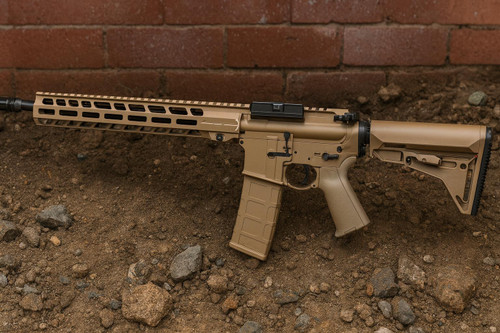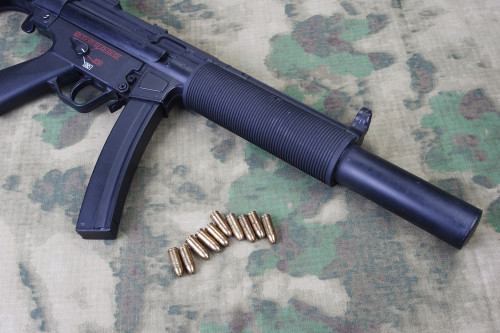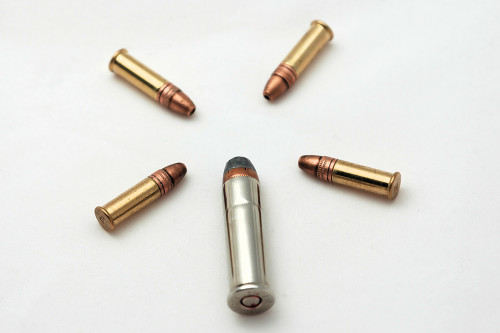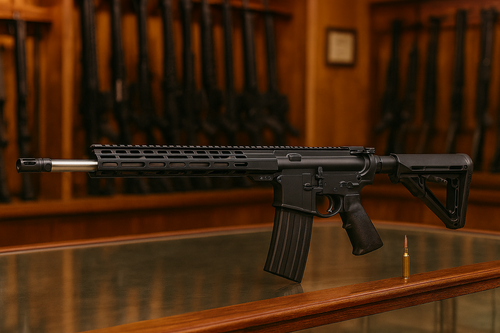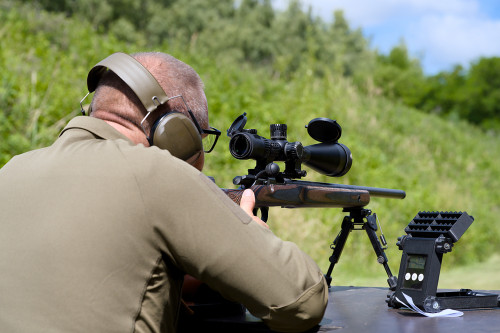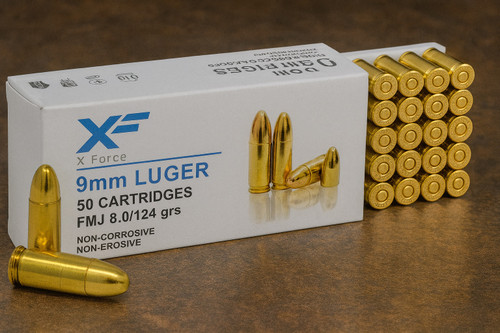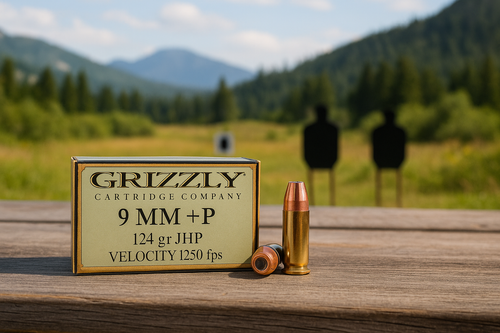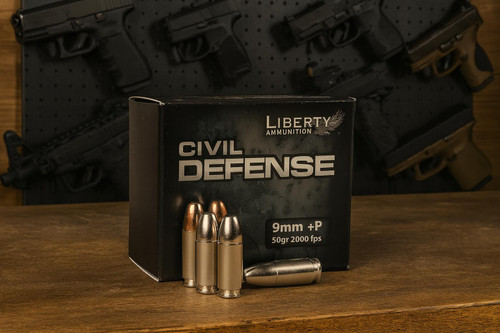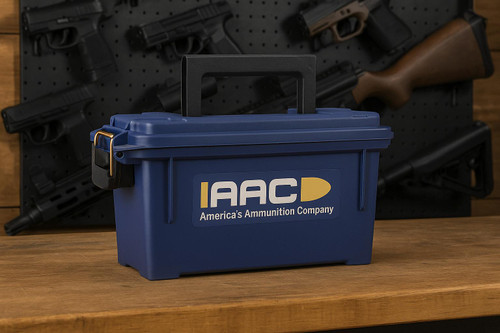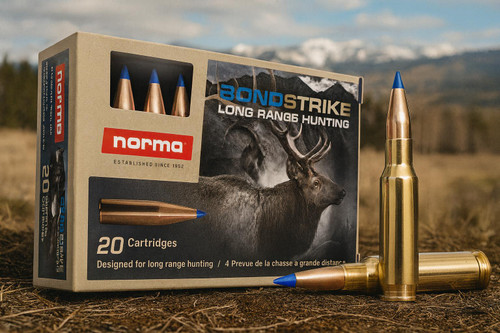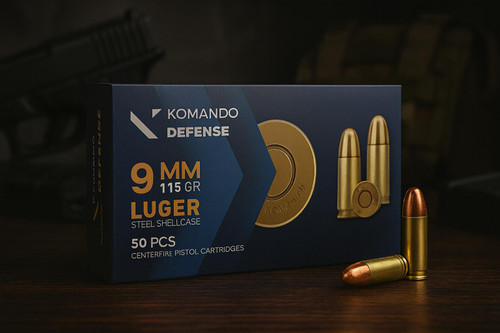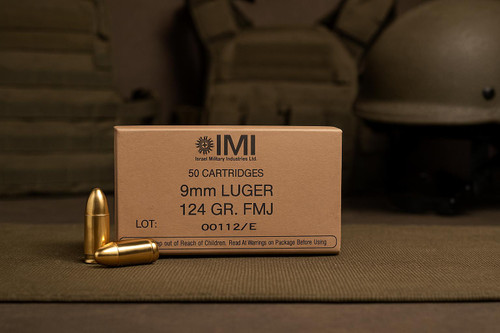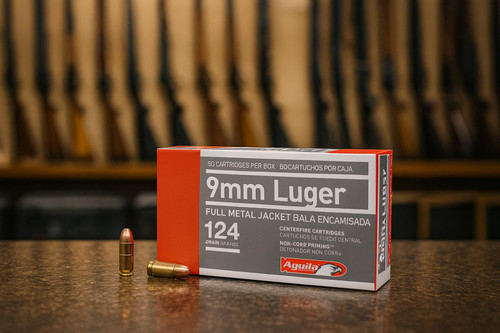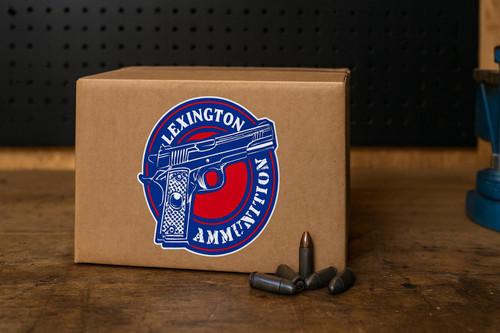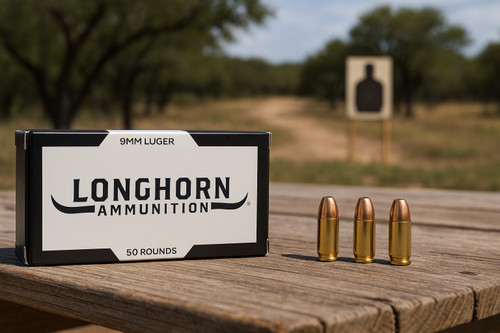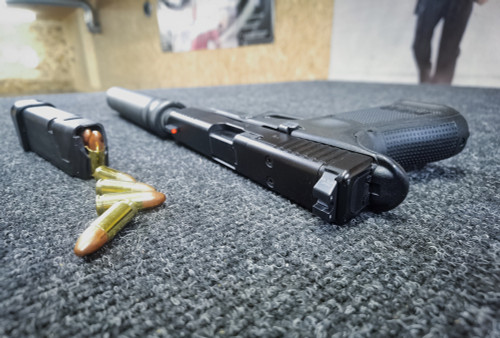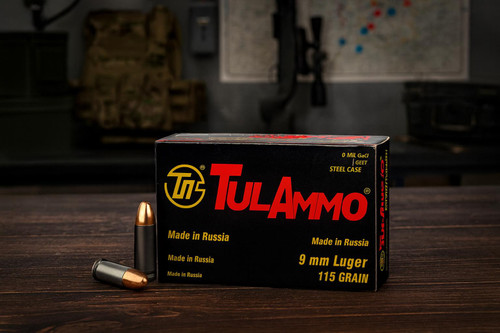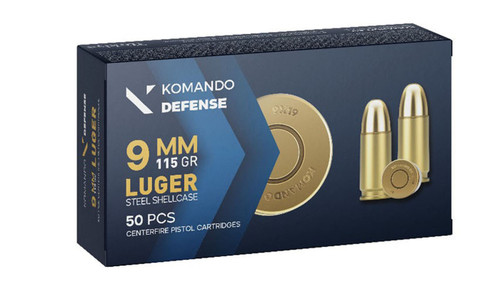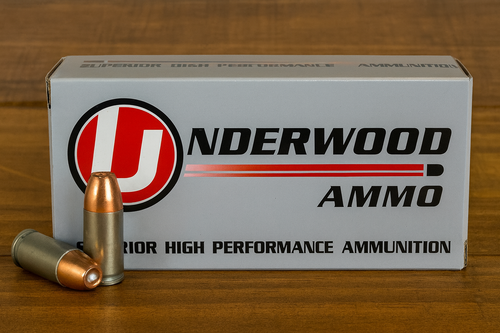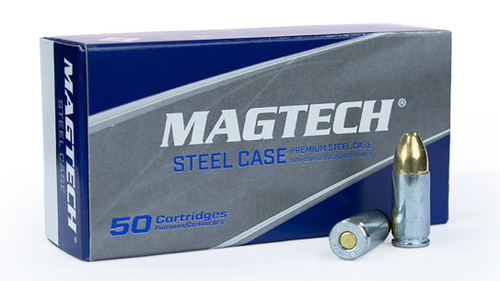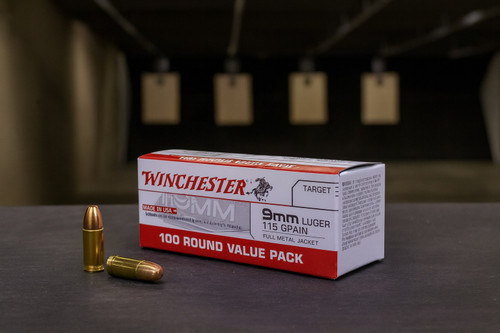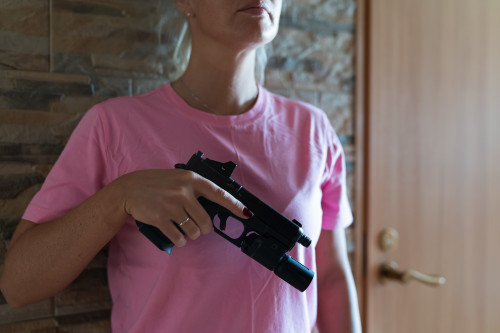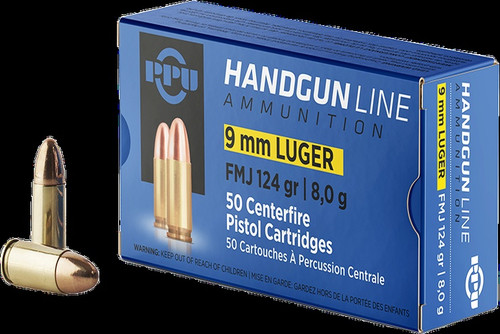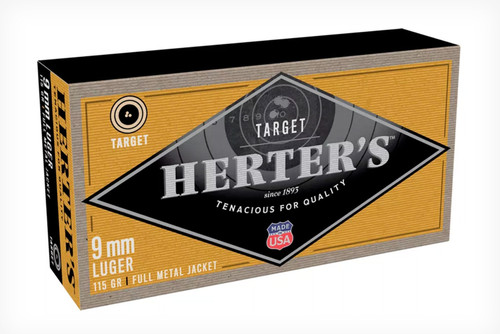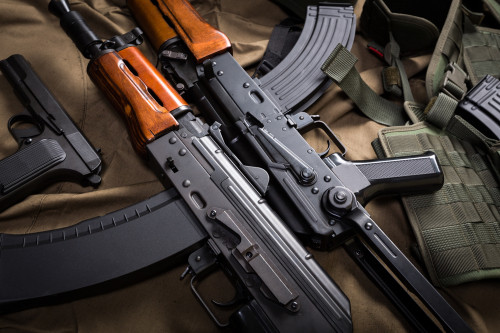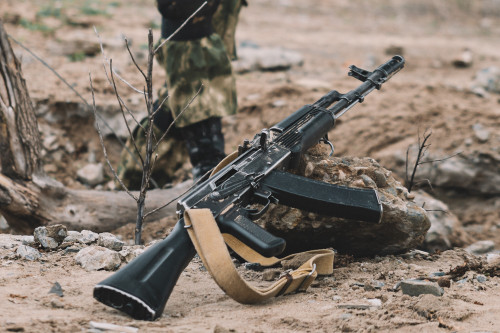From Russia with Rounds: Who Makes Wolf Ammunition?
Wolf Ammunition started as a brand to deliver affordable, reliable ammo primarily to the U.S. civilian market. Originally, much of Wolf’s steel-cased ammunition was manufactured by Tula Cartridge Works in Russia. Over time, Wolf has sourced production from various factories—including Ulyanovsk and other European partners—to keep up with shifting demand and import regulations.
Wolf itself is a brand, not a manufacturer. It sets product standards and contracts different factories for production under the Wolf label. Their most famous offerings are their polymer-coated steel-cased rounds, designed for affordability, durability, and reliable feeding.
Historically, Wolf's ammo was loaded hot by American standards and met CIP or SAAMI specifications, depending on the destination market. Today, some Wolf-branded ammunition comes from locations outside Russia, such as factories in places like Ukraine and even Taiwan, but the steel-cased Wolf Performance line—which includes most 9mm offerings—is still associated with Russian production when available.
At its core, Wolf aims to serve the practical, cost-conscious shooter—not the precision marksman or defensive operator.
Steel, Speed, and Savings: How Wolf 9mm Ammo Stacks Up
Wolf 9mm is squarely aimed at high-volume shooters who prioritize price and reliability over polished aesthetics. It sits alongside brands like Barnaul, Tula, and Red Army Standard, offering shooters an inexpensive way to rack up serious trigger time.
Wolf 9mm is especially popular with:
- Recreational shooters practicing drills
- PCC (pistol caliber carbine) owners
- Budget-minded training classes
- Shooters breaking in new guns without burning expensive ammo
Wolf 9mm Technical Specs
- Caliber: 9mm Luger (9x19mm Parabellum)
- Bullet Type: Full Metal Jacket (FMJ)
- Bullet Weight: 115 grain (standard offering)
- Muzzle Velocity: ~1,150–1,200 fps
Muzzle Energy: ~338–350 ft-lbs - Case Type: Steel (polymer-coated)
- Primer: Berdan-primed, non-corrosive
- Reloadable: No
- Country of Origin: Russia (primarily), with potential alternate sources
Wolf’s polymer-coated steel cases enhance reliability but also mean the ammo isn’t reloadable for typical shooters. Berdan primers further complicate reloading, making Wolf strictly a shoot-it-and-bin-it kind of ammunition.
Out at the Range: What Shooters Experience
Wolf 9mm generally delivers on its promises: affordable, reliable range time without frills.
Range Observations:
- Functionality: Strong feeding and cycling in duty-grade pistols like Glocks, SIGs, Berettas, and many PCCs. Tight-match guns or custom builds may see occasional hang-ups.
- Accuracy: Adequate for range work. Expect 3–5 inch groups at 15–25 yards—plenty good for practical shooting but not competition precision.
- Cleanliness: Dirtier than brass-cased competitors. Expect noticeable carbon buildup, especially in blowback PCCs and suppressor setups.
Bang for Your Buck: The Cost Breakdown
- Box of 50: ~$11.50–$12.99
- Case of 1,000: ~$220–$240
- Per-round cost: ~$0.22–$0.24 (bulk pricing)
Wolf 9mm consistently undercuts mainstream brass-cased offerings like Blazer Brass, Winchester USA, and PMC Bronze by a few cents per round. Over thousands of rounds, those savings add up fast—especially if you’re running drills or training courses.
Note: These averages are based on overall pricing in the market and are not exact, an estimation based on overall pricing thoughout the industry.
Where Wolf 9mm Excels—and Where It Doesn’t
Best Uses for Wolf Ammo:
- Tactical carbine or pistol courses
- Weekly range sessions and casual practice
- Breaking in firearms
- General reliability testing
Not for:
- Defensive carry or duty use
- Precision shooting competitions
- High-end match or custom pistols
- Suppressed firearm setups (dirtier burn)
Strengths and Shortcomings
What Wolf Does Well:
- Some of the cheapest 9mm you can find in bulk
- Functions reliably in robust, service-grade pistols and carbines
- Polymer coating reduces chamber wear compared to lacquered steel
- Wide availability through major online ammo dealers
What to Watch Out For:
- Steel cases are harder on extractors over time (minor concern unless shooting tens of thousands of rounds)
- Dirtier powder means more frequent cleaning
- Not reloadable (Berdan-primed)
- Some indoor ranges prohibit steel-cased ammo due to sparking
Quick Shooter Scorecard
| Category | Rating | Summary |
|---|---|---|
| Affordability | 5/5 | Among the lowest cost-per-round for 9mm |
| Reliability | 4/5 | Feeds well in service-grade firearms |
| Accuracy | 3/5 | Practical for training, not for tight groups |
| Cleanliness | 2/5 | Requires more diligent maintenance |
| Reload Value | 1/5 | Steel, Berdan-primed, non-reloadable |
| Packaging | 3/5 | Simple but effective bulk or boxed options |
Overall Score: 3.6/5 — Verdict: Affordable and Hardworking Bulk Ammo Option
Real-World Shooter Feedback
Positive Notes:
- “Wolf kept my G19 fed through 500 rounds without a hitch. Can’t complain at this price.”
- “For training days, Wolf saves me a ton. A little dirty, but nothing my Glock can't handle.”
- “Great for plinking steel at the range. Saves my budget for more serious ammo when needed.”
Mixed Reviews:
- “Definitely dirtier. My carbine looked like a chimney after 500 rounds.”
- “One or two misfeeds in a 1911 9mm, but nothing unexpected for cheap steel case ammo.”
Negative Feedback:
- “Some ranges won’t let you use it indoors. Had to switch to brass when that happened.”
- “Forget about reloading—steel cases and Berdan primers are a no-go.”
Disclaimer: Shooter reviews are based on a compilation of user feedback, retailer insights, and testing blogs as of April 2025. Your experience may vary depending on firearm, barrel condition, and cleaning habits.
Final Takeaway: Built for the Budget-Minded Shooter
Wolf 9mm isn’t for everyone. If you need perfect cleanliness, super tight groups, or reloadable brass, look elsewhere. But if you’re someone who burns through hundreds—or thousands—of rounds a month on drills, classes, or range days, Wolf is hard to beat for value.
You’ll need to clean your gun a little more often. You’ll sacrifice a touch of accuracy. But what you’ll gain is serious trigger time without draining your wallet. And for many shooters, that’s a trade well worth making.
In short, if you’re looking for a workhorse training round that keeps your skills sharp and your practice sessions long—Wolf 9mm delivers exactly what it promises.
FAQs
1. What kind of shooting is Wolf 9mm ammo designed for?
Wolf 9mm is best for casual target practice, plinking, and high-volume range use. It’s made with affordability in mind, making it popular among shooters who want to get plenty of reps in without burning through more expensive brass-cased options.
2. Is Wolf 9mm reliable in all types of firearms?
It depends on your platform. While Wolf ammo generally runs well in most full-size pistols and PCCs, some firearms with tighter chambers or match-grade components may experience occasional feeding or extraction issues due to the steel case and polymer coating. Always test it in your setup before buying in bulk.
3. Can you reload Wolf 9mm ammo?
Not recommended. Wolf 9mm ammo typically comes in steel cases, which are non-reloadable and harder on reloading dies. They’re also Berdan-primed in many cases, making reloading impractical for most hobbyists.
4. How clean is Wolf ammo compared to other range brands?
Wolf tends to run a bit dirtier than brass-cased, premium range ammo. The steel case and powder blend can leave behind more residue, which may require more frequent cleaning. That said, it’s no worse than other value-tier steel-cased offerings and is still very manageable with basic maintenance.
5. Why is Wolf ammo so much cheaper than most 9mm options?
Wolf keeps costs down by using steel cases instead of brass, manufacturing at scale overseas, and skipping some of the polishing and finishing found in domestic brands. The result is functional range ammo at a much lower price, with trade-offs in reloadability and potential long-term wear in finicky guns.



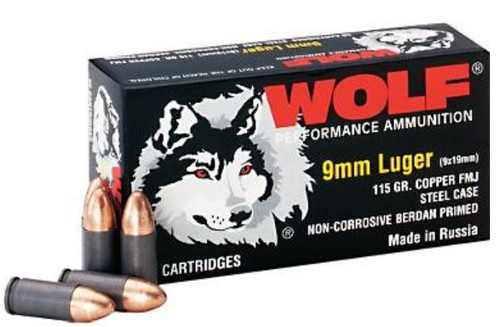
 Pro Armory Editorial Team
Pro Armory Editorial Team